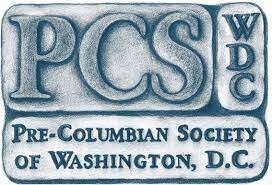The Inka empire is widely regarded as the most complex, far-reaching polity seen in the Americas before the European invasions. While the Inkas’ success depended to a great degree on their political and military exploits, the efforts they made to impose their own notions of cosmic and social order on the world at large were of equal importance. This talk explores how the Inkas thought the world worked and how to be successful within it, as they tried to make themselves the indispensable intermediary between humanity and all other powers. Among the key ideas that contributed to practical rule were their notions of life and death (e.g., living ancestral mummies), dynamic relations with time and the past, and a landscape in which they shared a social space with living mountains and rocks. Those ideas help us to understand how the Inkas managed to rule in a land without writing or a multi-year calendar. We will explore both documentary and archaeological information from the heartland to illustrate how the Inkas sought to impose their will on the world.
Terence N. D’Altroy is the Loubat Professor of American Archaeology in the Department of Anthropology and the founding Director of the Center for Archaeology at Columbia University in the City of New York, where he has been professor since 1982. He received his BA from the University of Michigan (1972), and his MA (1975) and PhD (1981) from the University of California, Los Angeles, all in Anthropology. In 2016, he received the Columbia University Lenfest Distinguished Faculty Award. His research interests lie in the comparative study of empires, especially the Inkas of Andean South America, with a focus on the organization and thinking underpinning their rule. Since 1969, he has conducted fieldwork in Peru, Argentina, the United States, and Mexico. He has written or (co-)edited several books, including The Incas (2015, 2d ed.), The Incas: Inside an American Empire (2004), Empire and Domestic Economy (2002), Empires (2002), and Provincial Power in the Inka Empire (1992), in addition to numerous scholarly papers.

